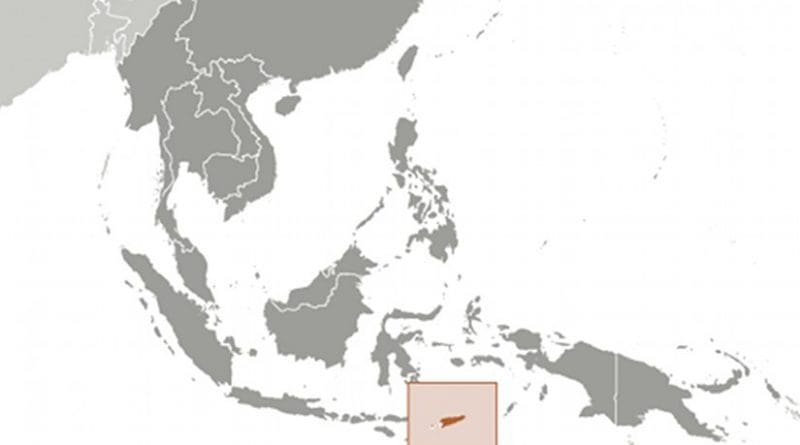Timor-Leste To Sign Treaty With Vatican
By UCA News
By Michael Sainsbury
Asia’s newest country, Timor-Leste, will sign a concordat with the Vatican’s secretary of state, Cardinal Pietro Parolin, on Aug. 15 when it celebrates 500 years of evangelization to mark the arrival of the Portuguese in 1615.
The treaty has been under negotiation since 2006 but was not finalized until two months ago, Timor-Leste Prime Minister Rui Maria de Araujo told ucanews.com in an interview Aug. 6.
“Timor-Leste is one of the most Catholic countries in the world,” Araujo said.
He said that Catholicism and the Portuguese language are “two elements which have shaped our identity as a nation and this a good thing”.
In an official statement about the concordat, he said the Catholic Church has for 500 years provided “great spiritual, human and material support to the Timorese people, and also contributed decisively to the liberation process of Timor-Leste”.
The Vatican has long been considered one of the country’s closest diplomatic friends. During the Indonesian occupation lasting from 1975 until independence in 2002, the Vatican would appoint bishops to Timor-Leste outside the Indonesian bishops’ conference.
In June 2013, the Timor-Leste government accepted the credentials of Msgr. Joseph Marino to serve as the Vatican’s ambassador to the Southeast Asian nation. The Vatican is also one of only 17 jurisdictions in which Timor-Leste has opened an embassy.
For Timorese officials, the visit of such a senior Vatican official — Cardinal Parolin — underscores the strength of the relationship between Timor-Leste and the Holy See.
The concordat is a treaty aimed at establishing a legal framework for relations between the Holy See and foreign states. The treaties offer a range of privileges to the Church. These differ under each agreement, but usually include some form of tax-exemption or low-tax status for the Church.
Concordats dates back to 1107, when the first such treaty was signed in London with King Henry I of England.
But the treaties became controversial under Pope Pius XII, who completed a flurry of them in the years following World War I. This included a treaty with Germany under Adolf Hitler, which largely tied the Vatican’s hands during World War II.
Burned by the experience with Hitler and seen by critics as blurring the separation of Church and state, concordats were signed sparingly after World War II and were dropped for almost 30 years following the Second Vatican Council.
The modern version was resuscitated with the Polish Concordat in 1993 and since then, they have been signed with a number of countries including Portugal, Slovenia and Brazil.
The Aug. 15 celebration will be one of two that are planned for the 500-year anniversary that Araujo said is being described as “the meeting of two cultures”.
Still, the Church’s role in Timor-Leste is complicated by growing concerns about HIV/AIDS in the young nation.
“Most infection comes through unprotected sex, as the drug problem is still low,” said Araujo, a medical doctor and the country’s former health minister.
He said that education is clearly the best way to combat HIV. But he added that the Church has generally been supportive of moves to lower infection rates, while admitting this was a “complex” issue.
Overall, health care continues to be a major problem for the country, although primary health care “has vastly improved in the past 10 years”, according to Araujo.
“In 2000, we only had 26 doctors in Timor-Leste. Now we have 1,000 operating mainly in primary health care,” he said.

